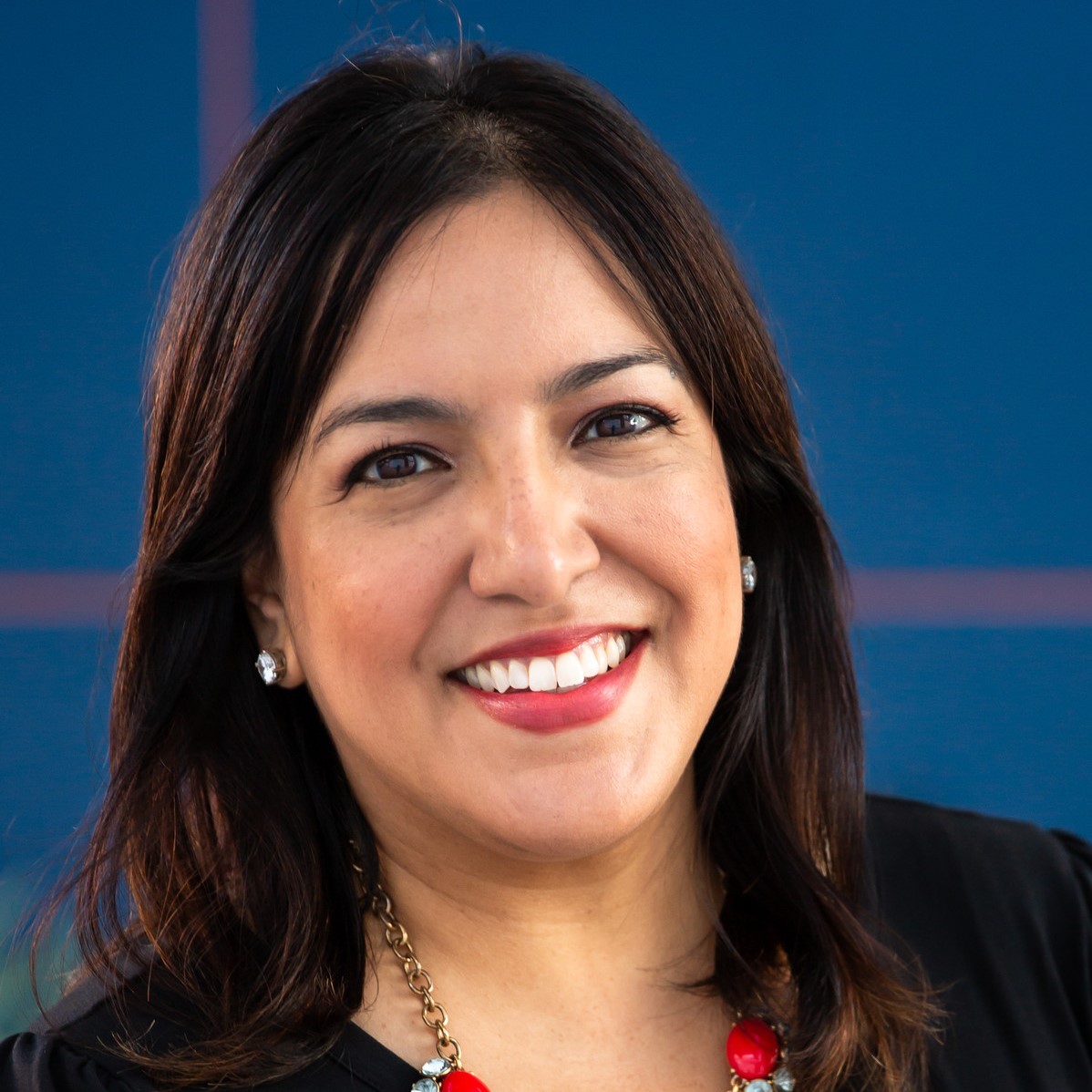Navigating Your Path to Administration: A Panel Discussion for Aspiring Academic Administrators
Last updated May 19, 2022Course Length
1h 14m
Last Updated
May 19, 2022

Navigating Your Path to Administration: A Panel Discussion for Aspiring Academic Administrators
Last updated May 19, 2022Table of Contents
Understand what fuels you—and then translate that into a traditional or non-traditional path to academic administration.
Overview
As the higher education landscape evolves, so too will its body of academic administrators. The administrative structure of most institutions has grown in complexity, resulting in more potential options for those interested in academic leadership to consider. However, despite this reality, many faculty continue to view administration as “the dark side” or are unsure of how to prepare themselves for non-faculty roles. In addition, as women and historically marginalized faculty have consistently achieved tenure and promotion at lower rates than their peers, this makes the myth of “one sole pathway” even more harmful.
Join us for a panel discussion designed to help you broaden that narrative, get clear on your goals, and expose you to the drawbacks and advantages of the different possible career paths before you. Specifically, you will hear:
- Personal narratives from our subject matter experts outlining two distinct paths to administration.
- Different options for reaching traditional and non-traditional academic leadership positions.
- How you can seek out environments that support your goals.
- The pitfalls and opportunities of different choice points along your path.
You will also walk away with:
- A resource for mapping short-term goals to get you started on your path, and;
- Useful tips for how to maximize and make use of that map as you look toward your long-term goals.
Who should attend?
Junior and early mid-career faculty, both tenure and non-tenure track, who are interested in learning more about planning for such academic leadership roles as Directors, Assistant/Associate Deans, Deans, Provosts, and more will benefit from this panel discussion.
Tagged In
$495



